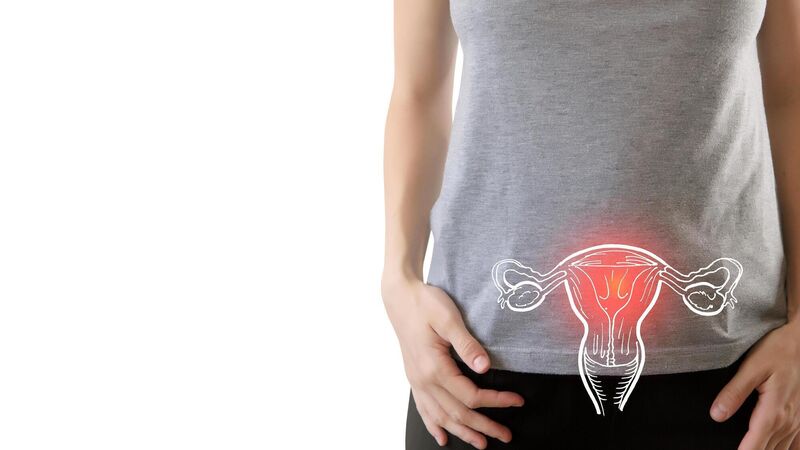Let's get rid of the shame and stigma surrounding gynaecological cancers

For cervical cancer, we’ve come a long way in this regard, with awareness and knowledge increasing exponentially in recent years. There are other gynaecological cancers, however, that remain less known about, with further work to be done in public education.
Finding reliable, relevant information about cancer feels like a minefield, particularly women’s gynaecological cancers, where shame or stigma often previously shrouded them with a lack of discussion, awareness or openness.







 App?
App?


